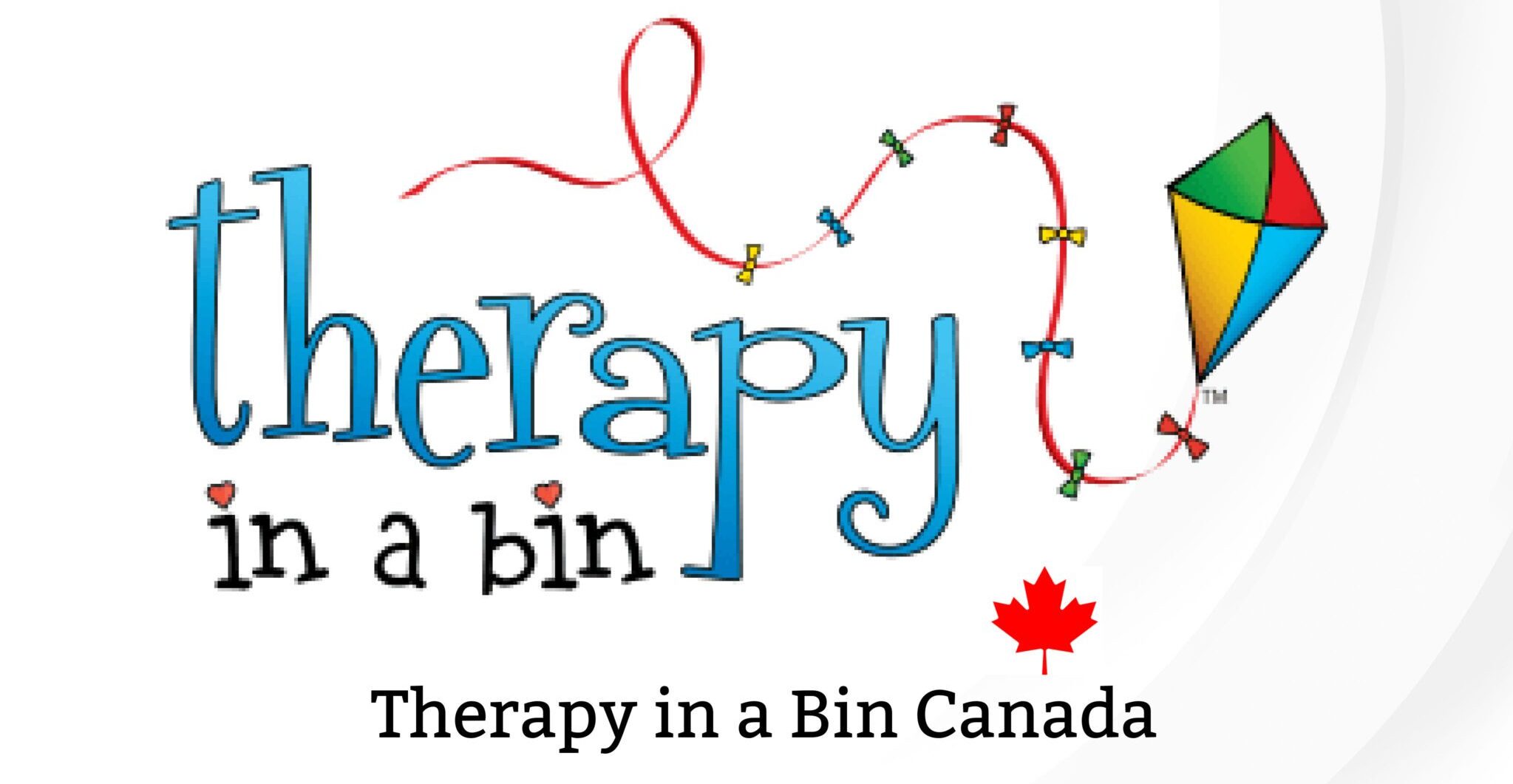What Is Autism Spectrum Disorder?
Autism spectrum disorder (ASD) is characterized by:
- Persistent deficits in social communication and social interaction across multiple contexts;
- Restricted, repetitive patterns of behaviour, interests, or activities;
- Symptoms must be present in the early developmental period (typically recognized in the first two years of life); and,
- Symptoms cause clinically significant impairment in social, occupational, or other important areas of current functioning.
The term “spectrum” refers to the wide range of characteristics that children with ASD can have that lead to this medical diagnosis being given. Having a diagnosis ASD is not shameful, nor is it something that needs to be eliminated; rather, our goal is to provide materials that help children be their best selves. Therapy (or service) materials should be geared towards helping the learner develop skills that are important to them and their families! We’re here to help your child and your family. As parents of a child with ASD, we know the value of intervention services that recognize and honour the gifts of a child while working on skills that make a meaningful difference to their lives.
Living With ASD
After your child is diagnosed with autism spectrum disorder (ASD), you may feel unprepared or unable to provide your child with the necessary care and education. Know that there are many treatment options, social services and programs, and other resources that can help.
Some tips that can help you and your child are:
- Keep a record of conversations, meetings with health care providers and teachers, and other sources of information. This will help you remember the different treatment options and decide which would help your child most.
- Keep a record of the doctors’ reports and your child’s evaluation. This information may help your child qualify for special programs.
- Contact your local health department or autism advocacy groups to learn about the special programs available in your state and local community.
- Talk with your child’s pediatrician, school system, or an autism support group to find an autism expert in your area who can help you develop an intervention plan and find other local resources.
